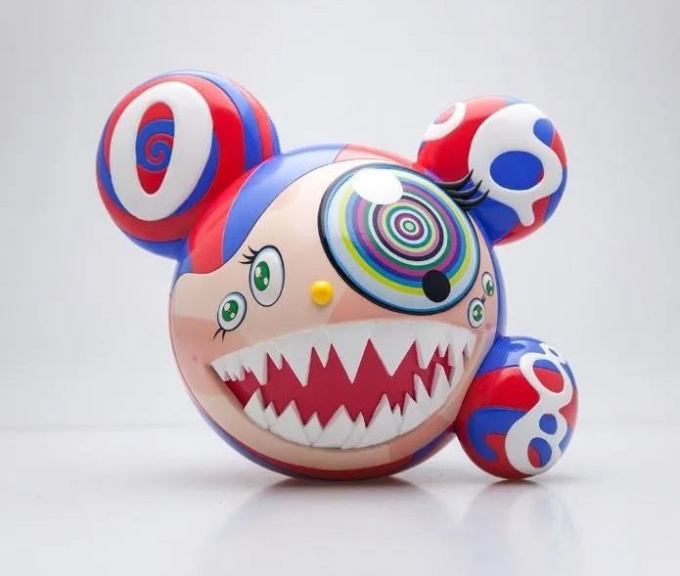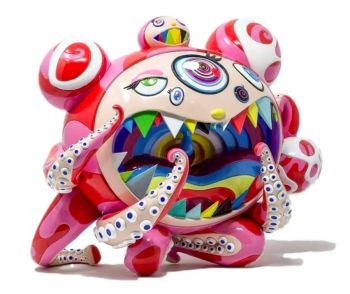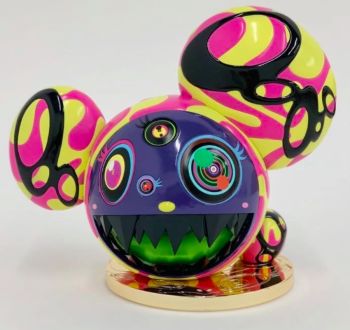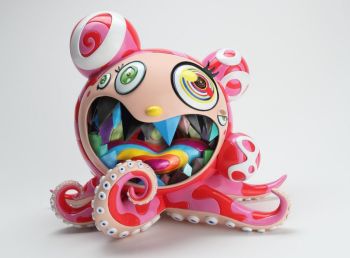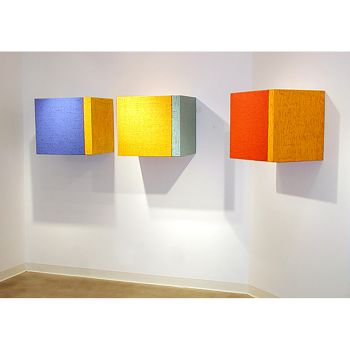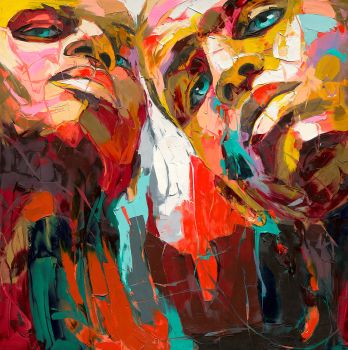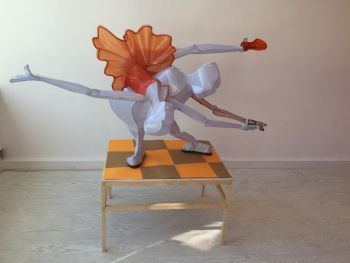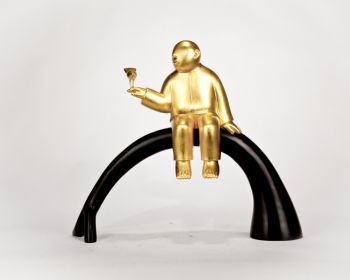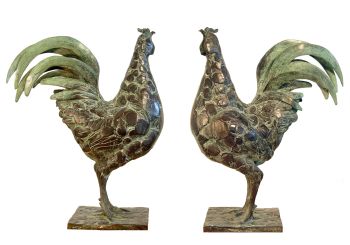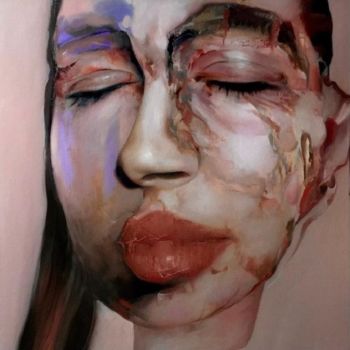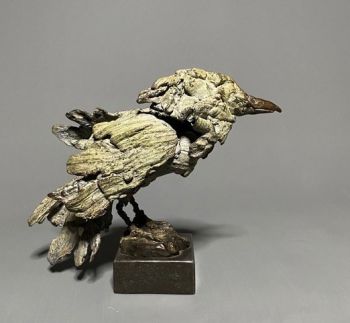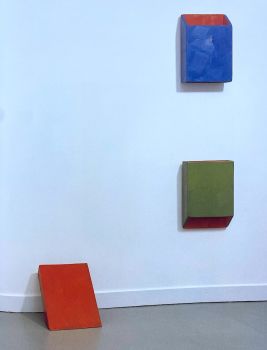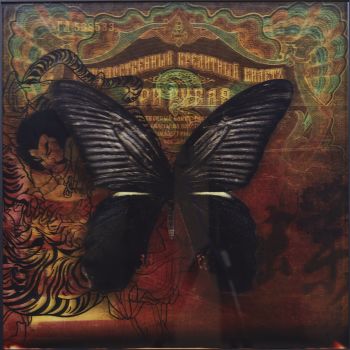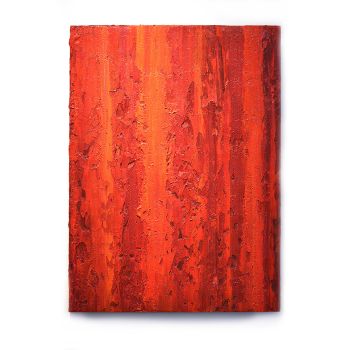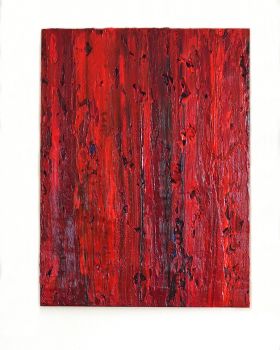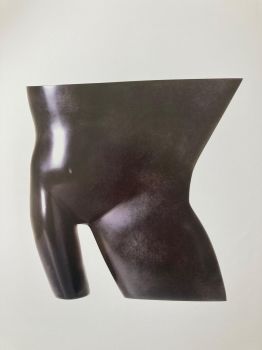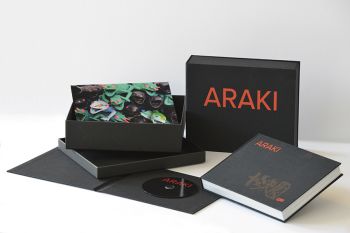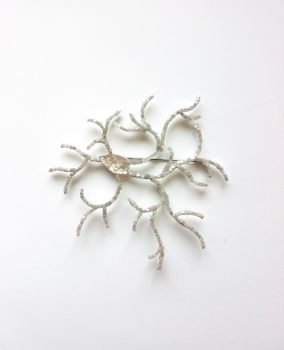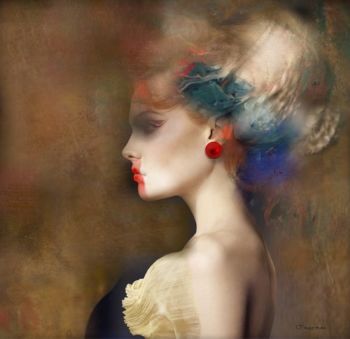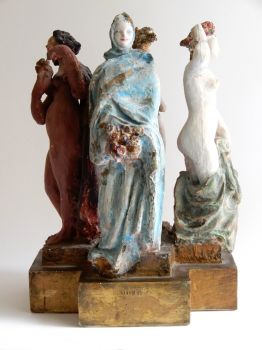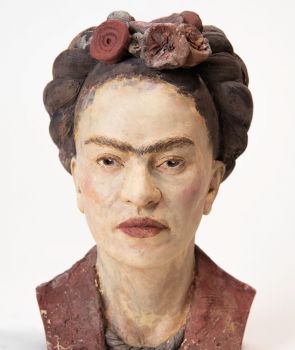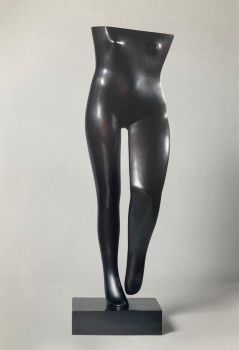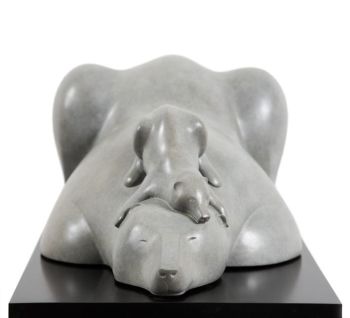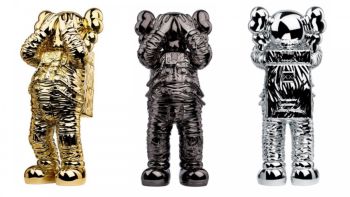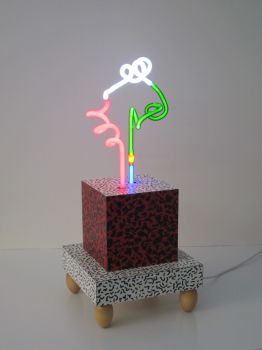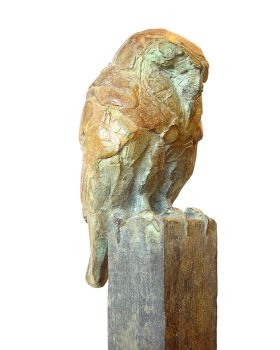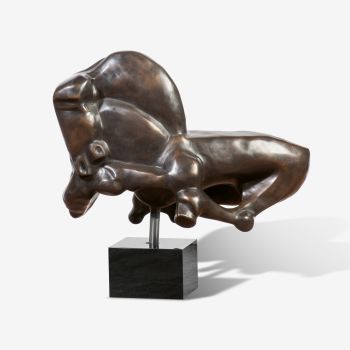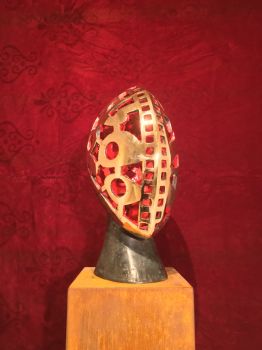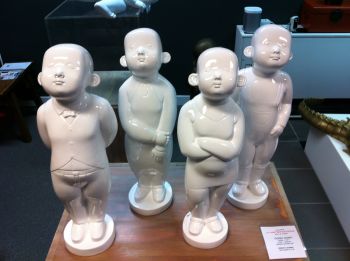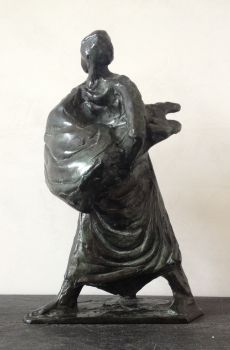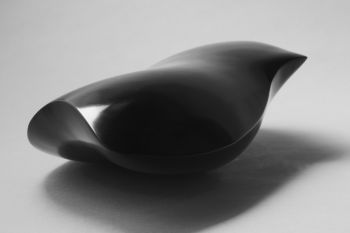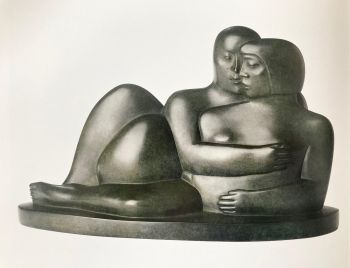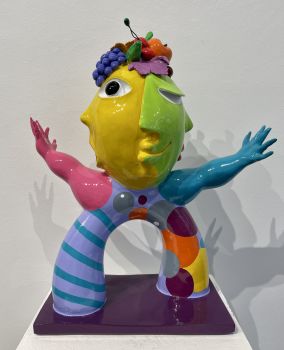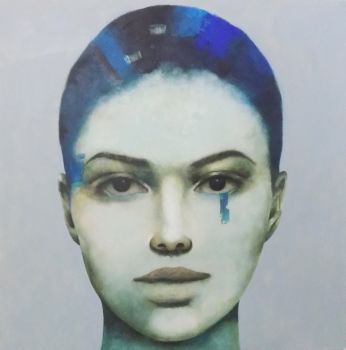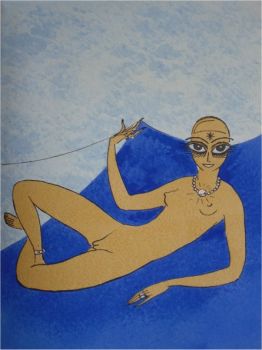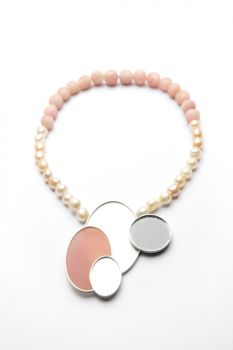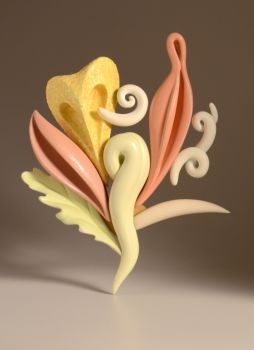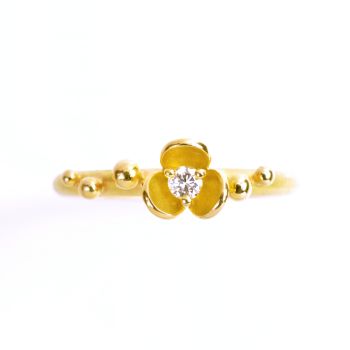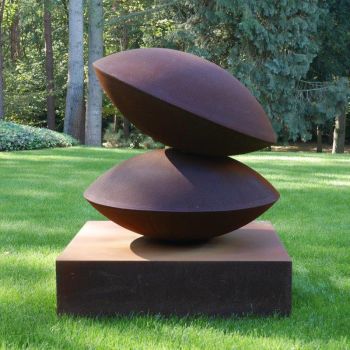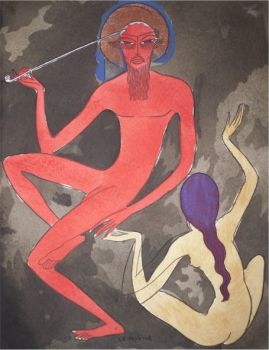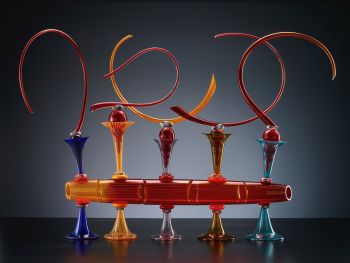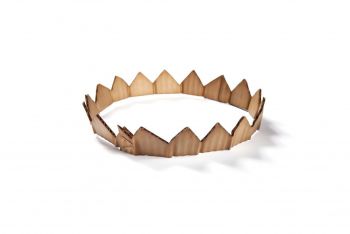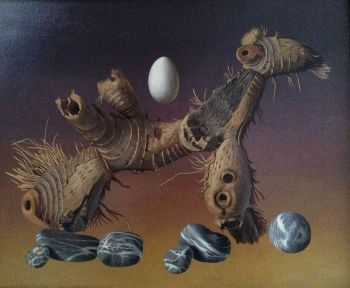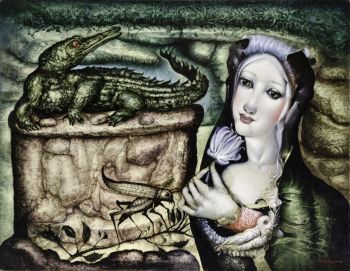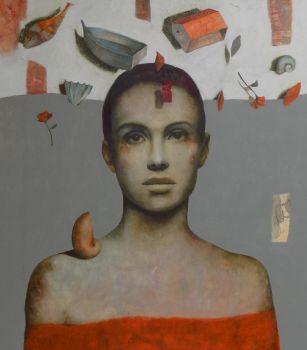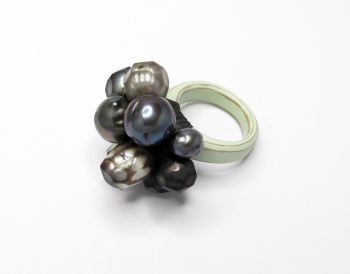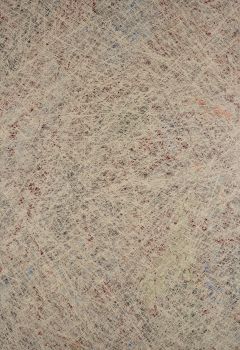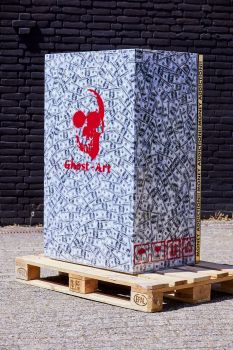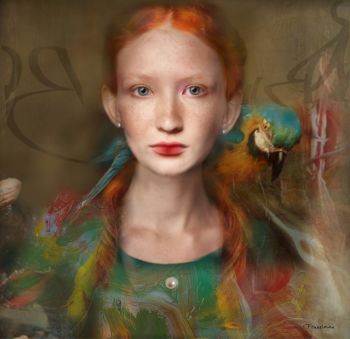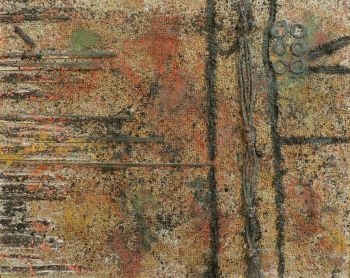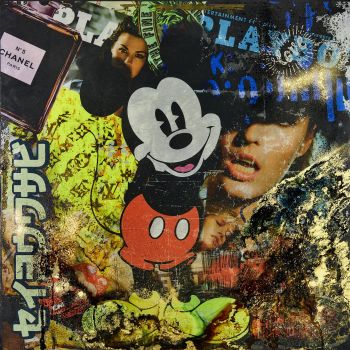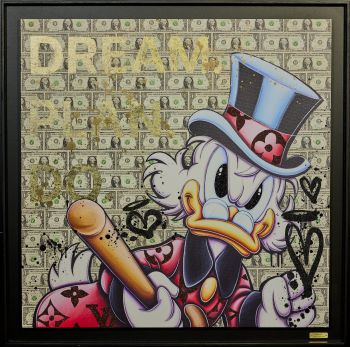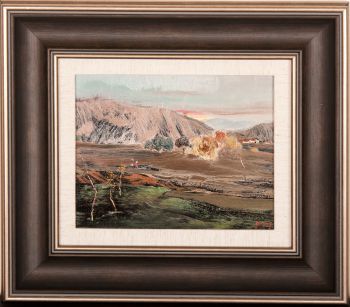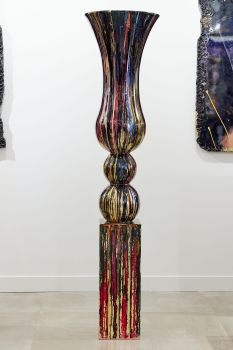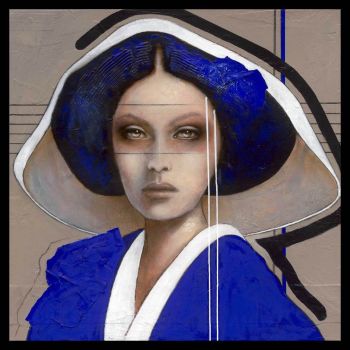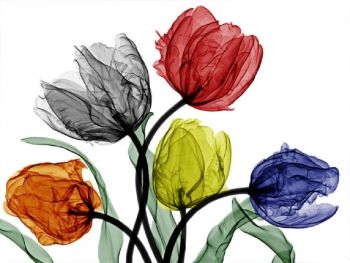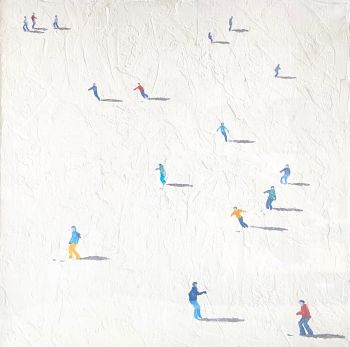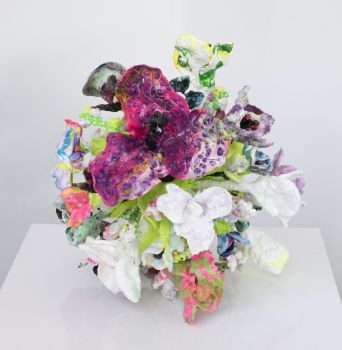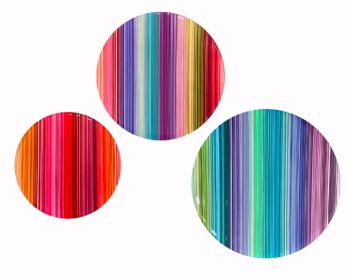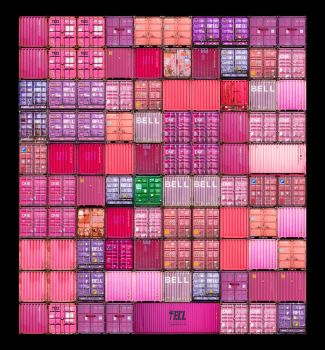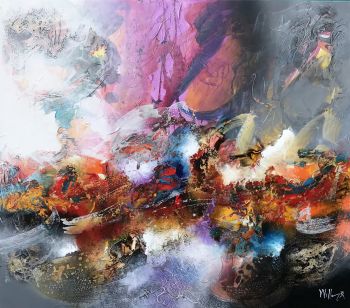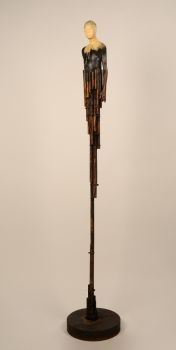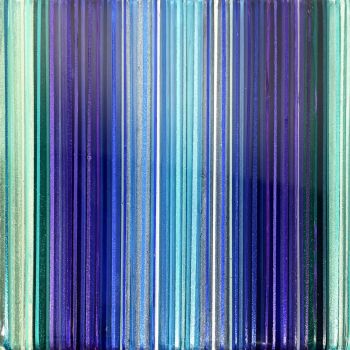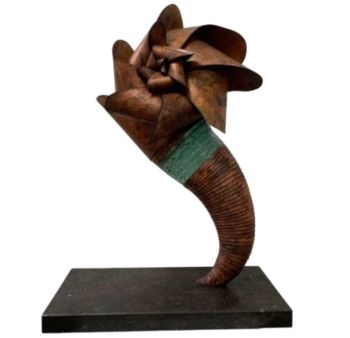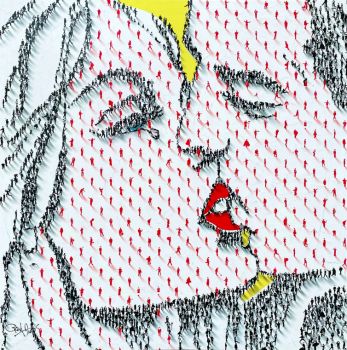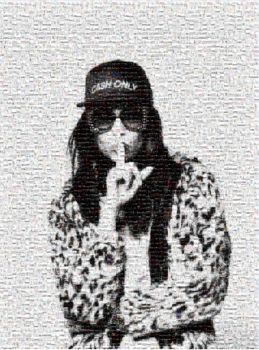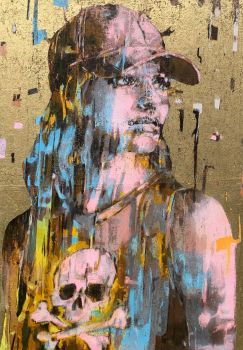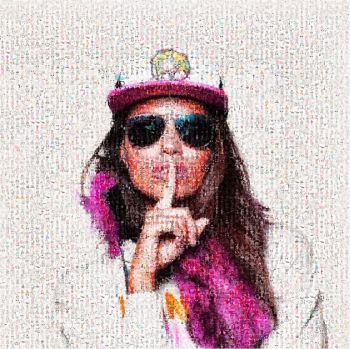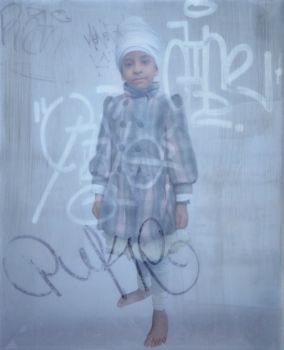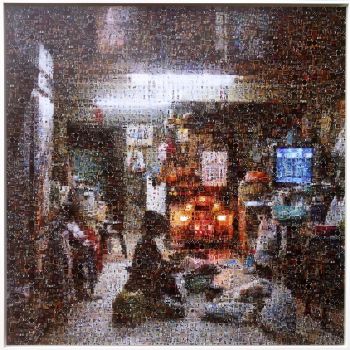Mr. Dob Figure Red 2021
Takashi Murakami
Mixed mediaPlasticVinyl
17 ⨯ 23 ⨯ 20 cm
€ 3.300
AbrahamArt
- About the artwork17 x 23 x 20 cm
Sculptuur in oplage
Vinyl - About the artist
Takashi Murakami (村上 隆 Murakami Takashi) was born in Tokyo on 1 February 1962 and is considered one of the most thoughtful-and thought-provoking-Japanese artists of the 1990s. His work ranges from cartoony paintings to quasi-minimalist sculptures to giant inflatable balloons to performance events to factory-produced watches, T-shirts, and other products, many emblazoned with his signature character, Mr. DOB.
He received his BFA, MFA and PhD from the Tokyo National University of Fine Arts and Music. Takashi Murakami's work has been exhibited in prestigious museums all over the world, including the Tokyo Metropolitan Museum of Art; the Museum of Fine Arts, Boston; and a recent solo retrospective exhibition at the Bard College Museum of Art. Murakami is also internationally recognized for his collaboration with designer Marc Jacobs to create handbags and other products for the Louis Vuitton fashion house.
Murakami is the founder and President of Kaikai Kiki Co., Ltd., through which he manages the careers of several younger artists and organizes the biannual art fair GEISAI.
In 2000, Murakami has also curated "Super Flat" an exhibition of contemporary Japanese artists.
Murakami published his “Superflat” theory in the catalogue for a group exhibition of the same name that he curated for the Museum of Contemporary Art, Los Angeles. The theory posits that there is a legacy of flat, 2-dimensional imagery which has existed throughout Japanese art history and continues today in manga and anime. This style differentiates itself from the western approach in its emphasis on surface and use of flat planes of color. Superflat also served as a commentary on post-war Japanese society in which, Murakami argues, differences in social class and popular taste have ‘flattened,’ producing a culture with little distinction between ‘high’ and ‘low’. The theory provided the contextual background for his work and he further elaborated on it with the subsequent exhibitions, “Coloriage” (2002, Fondation Cartier pour l’art contemporain, Paris) and “Little Boy: The Arts of Japan’s Exploding Subculture” (2005, Japan Society, New York). These exhibitions helped introduce Japan’s lesser-known creative culture overseas and such curatorial projects would become an integral part of Murakami’s multifaceted artistic practice.
In accordance with the Superflat concept, Murakami’s practice involves repackaging elements that are usually considered “low” or subcultural and presenting them in the “high-art” market. He then further flattens the playing field by repackaging his “high-art” works as merchandise, such as plush toys and T-shirts, making them available at more affordable prices.
Are you interested in buying this artwork?
Artwork details
Related artworks
- 1 - 3 / 3
- 1 - 4 / 24
- 1 - 4 / 24
- 1 - 4 / 24
- 1 - 4 / 24
- 1 - 4 / 12

